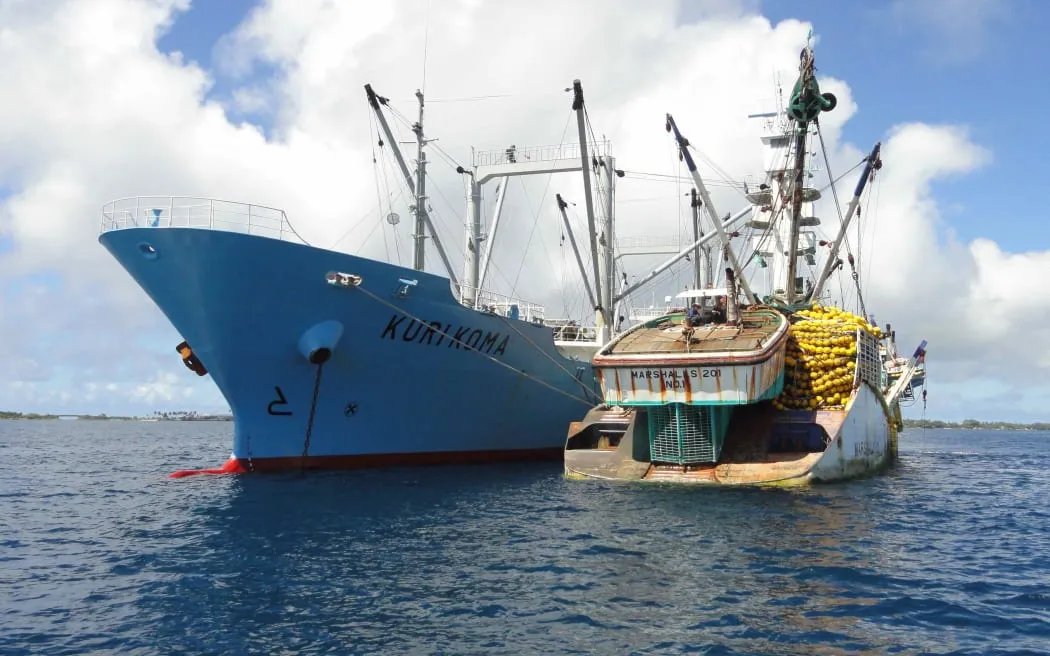New Labour Standards Aim to Improve Safety and Dignity of Crew in Pacific Fisheries
The Western and Central Pacific Fisheries Commission (WCPFC) has adopted new labour standards aimed at improving the safety and dignity of crew aboard fishing vessels operating in the region. The move is a significant step towards modernizing oversight of the world’s largest tuna fishery, which spans across 9 million square kilometers of ocean.
Key Measures to Enhance Crew Safety and Well-being
The WCPFC has agreed to implement measures aimed at ensuring fair pay, safe and decent working conditions, and protections against forced labour and other abuses. These measures are crucial for the well-being of crew members, many of whom face harsh conditions on board.
Dr. Pio Manoa, deputy director general of the Forum Fisheries Agency (FFA), said: “The new labour standards are crucial to ensure the safety and dignity of crew.” The FFA has been a key driver of this initiative, reflecting the agency’s collective commitment to social responsibility in fisheries management.
Modernizing Oversight with Electronic Monitoring
The WCPFC has adopted interim electronic monitoring standards after ten years of effort. These standards will ultimately help improve oversight of the region’s valuable fisheries. The move means that the work of human observers will be augmented by onboard cameras and other technology, increasing data collection and helping ensure that fishers are following the Commission’s rules.
However, Dave Gershman, an officer for the Pew Charitable Trusts’ international fisheries project, noted that the Commission has again failed to agree on ways to improve the transparency of transshipment of fish catches. The Commission’s rules on transshipment remain out of alignment with UN recommendations and lag behind standards adopted by other four tuna regional fisheries management organisations.
A Critical Step Forward for Pacific Fisheries
The adoption of these new labour standards marks a critical step forward for Pacific fisheries. While there is still work to be done, the WCPFC’s efforts demonstrate its commitment to modernizing oversight and improving the well-being of crew members. As the world’s largest tuna fishery continues to face challenges, it is essential that all stakeholders – governments, NGOs, and industry players alike – come together to ensure sustainable and responsible fisheries management.
In conclusion, the WCPFC’s adoption of new labour standards is a significant development in the Pacific fisheries sector. While there are still challenges to overcome, this move demonstrates a commitment to improving the safety and dignity of crew members and modernizing oversight of the world’s largest tuna fishery.

0 Comments